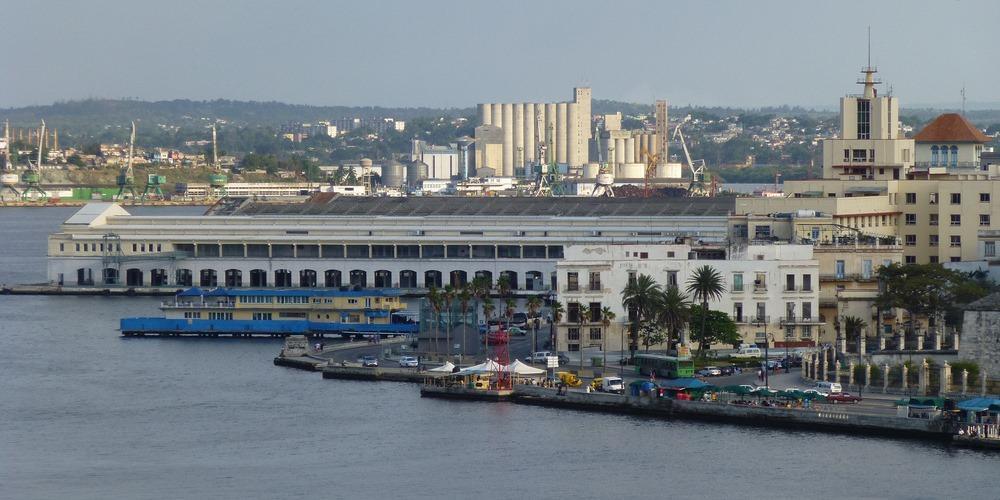Carnival Cruise Line is currently using port facilities which were stolen when the Cuban leader Fidel Castro took power, two Cuban Americans alleged on Thursday, May 2, in lawsuits.
One of the plaintiffs, Javier Garcia-Bengochea, said in a statement accompanying the court documents that "for the first time in 59 years, an American victim of theft by the Castro regime can stand before you, legitimately assert their property rights, and seek damages from those who are benefiting from something that was stolen from them.”
Michael Behn brought a separate lawsuit in the name of Havana Docks Company. The two argue that Carnival (offering cruises to Cuba since 2016) profits from two port facilities which had been seized from their families by the regime.
Plaintiff Mickael Behn said in his statement that "in 1960, the Castro brothers and their Communist Party friends forcefully stole our property from my grandfather - at gunpoint in his office. That was the business his father built in 1917 to supply and modernize Havana. For years, the cruise lines have been using our Havana Docks Port infrastructure without any consequence.”

Secretary of State Mike Pompeo announced in April that Title III of the Libertad Act, also popular as the Helms-Burton law, will take full effect for the first time on May 2.
Carnival Cruise Line's lawyer countered that the voyages were authorized by the Treasury Department during Obama's administration. The lawsuits could be the first in a flood of court filings by Americans who had lost property to the government of Cuba, most of which would apply to foreign companies.
European Union’s top diplomat, Federica Mogherini, said in a statement released after the law took effect Thursday morning, that would "cause unnecessary friction and undermines trust and predictability in the transatlantic partnership,” adding that allies would “draw on all appropriate measures” to protect their companies from the law.